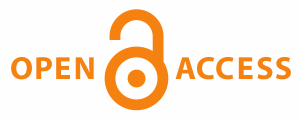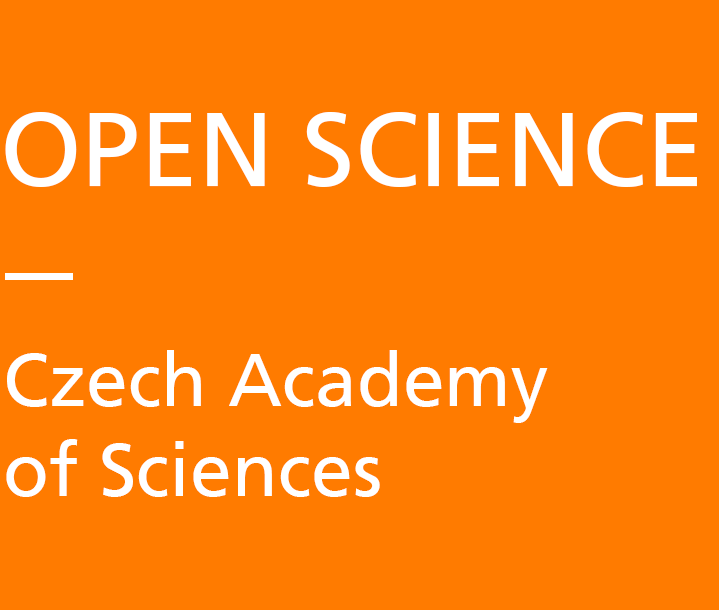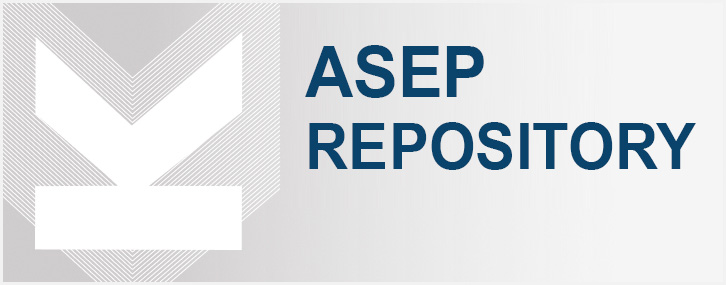“Open access to peer-reviewed journal literature is the goal. Self-archiving and a new generation of open access journals are the ways to attain this goal.”
(Policy guidelines for the development and promotion of open access, UNESCO, 2012)
Open Access is a set of principles and practices that aim to provide permanent, free and immediate online access to documents (especially full texts) for all users. This statute includes free and unrestricted reading, downloading, copying, sharing, storing, printing, searching and hyperlinking. The primary, but not exclusive, intent of these progressively adopted funder policies and related publishing practices is to make the peer-reviewed publication output of scholarly activity available.

“Our mission of disseminating knowledge is only half complete if the information is not made widely and readily available to society. “
(Berlin Declaration, 2003)
In spring 2008, the Academy of Sciences of the Czech Republic was the first institution from the Czech Republic to sign the Berlin Declaration on Open Access to Knowledge in the Sciences and Humanities, which is considered one of the fundamental milestones of the Open Access movement.
In spring 2016, CAS signed Expression of Interest by the OA2020 Initiative expressing its interest intransformation of scholarly journals to Open Access publishing models.
The “Open Access” publishing model is divided into several types – most commonly Green Open Access, Gold Open Access and Diamond Open Access. These types differ according to how the openness of the texts is achieved and also how the publishing process is funded.
Last updated on October 3, 2024


